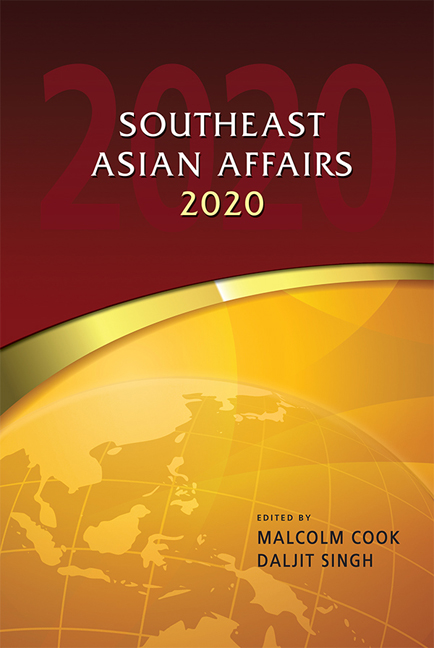Malaysia and the Pursuit of Sustainability
Published online by Cambridge University Press: 24 November 2020
Summary
In the build-up to Malaysia's 14th General Elections (GE14), the then-opposition Pakatan Harapan (PH) coalition campaigned on multiple reform platforms— including that of sustainability and inclusivity. Buku Harapan (The Book of Hope), the coalition's much-lauded manifesto, was written to encapsulate the grievances of an electorate hankering for change (with a little less regard to the practicality of the promises within), and it had all the right sustainability targets. The publication won praise from non-governmental organizations (NGOs), with a coalition of twenty NGOs releasing the results of a survey indicating that 69 per cent of those who intended to vote considered the environment a factor in their choice of government.
The Promise
The PH coalition promised to govern “based on principles of sustainability and sustainable development”, pledging that development projects would comply with international environmental protection standards, that logging quotas would be strictly enforced and that a PH government would support the United Nation's Sustainable Development Goals (UN SDGs). The coalition also vowed it would focus on the development of green technology and renewable energy, and that it would set up a “National Coordination Council for Climate Adaptation and Mitigation”. Promise 39 of the Buku Harapan declared that a PH government would be “an environmentally friendly government”. For the indigenous peoples of Malaysia, whose lives, identities and livelihoods depend entirely on the preservation of natural habitats, the manifesto's Promise 38 was an assurance that the coalition would advance “the interests of Orang Asal in Peninsular Malaysia” and “recognise, uphold and protect the dignity and rights” of the indigenous people.
The Action
Immediately after the wholly unexpected outcome of the elections, media announcements designed to demonstrate the new regime's commitment to environmental and indigenous causes came thick and fast. A new Ministry of Energy, Science, Technology, Environment and Climate Change (MESTECC) was established. The MESTECC minister Yeo Bee Yin announced in September 2018 that a 20 per cent renewable energy production target would be achieved by 2030. In October she launched the Roadmap towards Zero Single-Use Plastic 2018–2030, declaring that Malaysia will have done away with single-use plastics by 2030.
- Type
- Chapter
- Information
- Southeast Asian Affairs 2020 , pp. 209 - 232Publisher: ISEAS–Yusof Ishak InstitutePrint publication year: 2020



